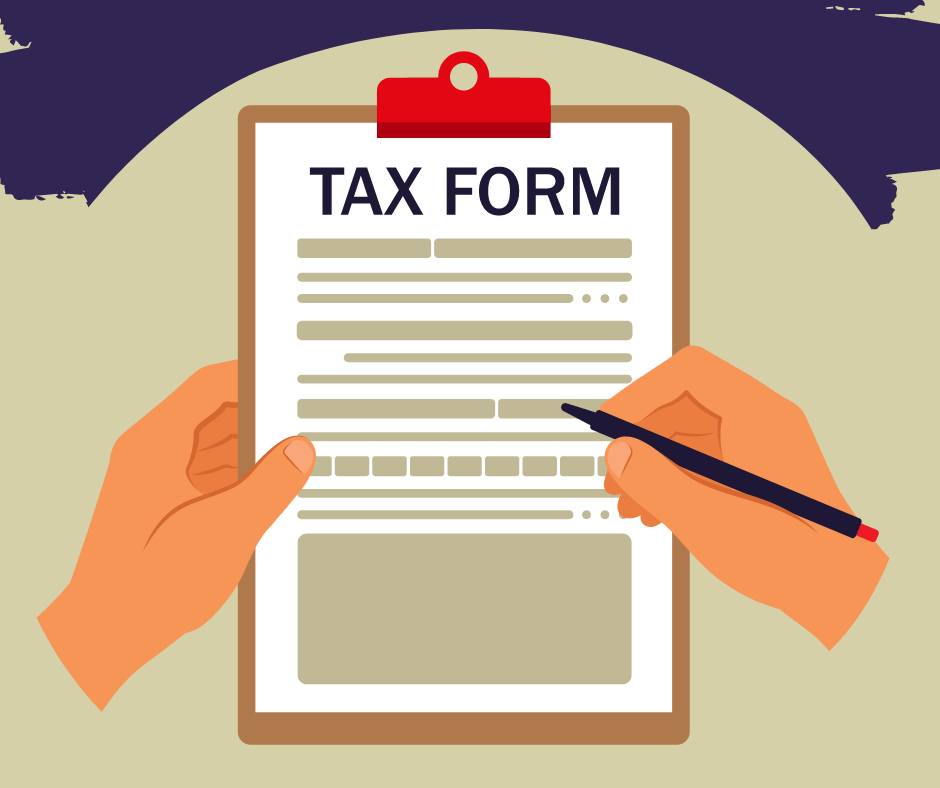The Internal Revenue Service (IRS) has announced significant changes in its audit strategy in the upcoming 2025 and 2026 year, aiming to increase the audit rates of wealthy individuals and large corporations. This shift, funded by the Inflation Reduction Act of 2022, represents a substantial effort to enhance tax compliance and equity in the tax system. Here’s what you need to know about the upcoming changes and how they might impact you as a high-income taxpayer or business operating in USA.
Increased Audit Rates for High-Income Taxpayers
The IRS plans to increase audit rates for individuals earning more than $10 million annually. By 2026, the audit rate for these taxpayers is expected to rise from 11% in 2019 to 16.5%, a 50% increase. This move is part of a broader strategy to ensure that the wealthiest Americans are paying their fair share of taxes.
Focus on Large Corporations and Partnerships
Large corporations with assets exceeding $250 million will see their audit rates triple, from 8.8% in 2019 to 22.6% by 2026. Similarly, business partnerships with assets over $10 million will experience a tenfold increase in their audit rates. This increased scrutiny is aimed at addressing the complexities and potential tax avoidance strategies within these large entities.
Use of Advanced Technology and New Staffing
To support these efforts, the IRS is investing heavily in new technology and staffing. The agency is hiring accountants, engineers, economists, data scientists, attorneys, and tax experts needed for conducting complex audits. Additionally, the IRS is leveraging artificial intelligence to better select businesses for audits. These technological advancements and new hires are crucial for the IRS to effectively manage and audit complex tax returns.
Modernization of Taxpayer Services
Beyond audits, the IRS is also using the funds to modernize its services for all taxpayers. Enhancements include improved call center operations, better in-person services at Taxpayer Assistance Centers, and the digitization of over 1 billion pieces of paper. The agency has also launched a pilot program allowing taxpayers to file their returns directly with the IRS for free, which has seen significant use. Within a few years, don’t be surprised with AI increasing the efficiency of how the IRS operates.
Political and Public Reactions
These changes have sparked a political debate, with concerns from some lawmakers that increased audit rates could eventually extend to small businesses and middle-class taxpayers. However, IRS Commissioner Danny Werfel has assured that audit rates for individuals earning less than $400,000 will not increase beyond the levels seen in 2018, which were history. This commitment is intended to focus the increased enforcement efforts strictly on high-income earners and large businesses.
How to Prepare for Tax Audits from IRS
For high-income taxpayers and large corporations, this means it’s more important than ever to ensure compliance with all tax laws. Working with a professional accounting firm in Los Angeles, like Bornazyan & Bornazyan LLP, can help you navigate these changes and minimize the risk of audits. Our experienced team can provide comprehensive tax planning and audit support to help you stay compliant and prepared for any IRS inquiries.
Contact Bornazyan & Bornazyan LLP today to learn more about how we can assist you in managing your tax obligations in light of these new IRS initiatives.


